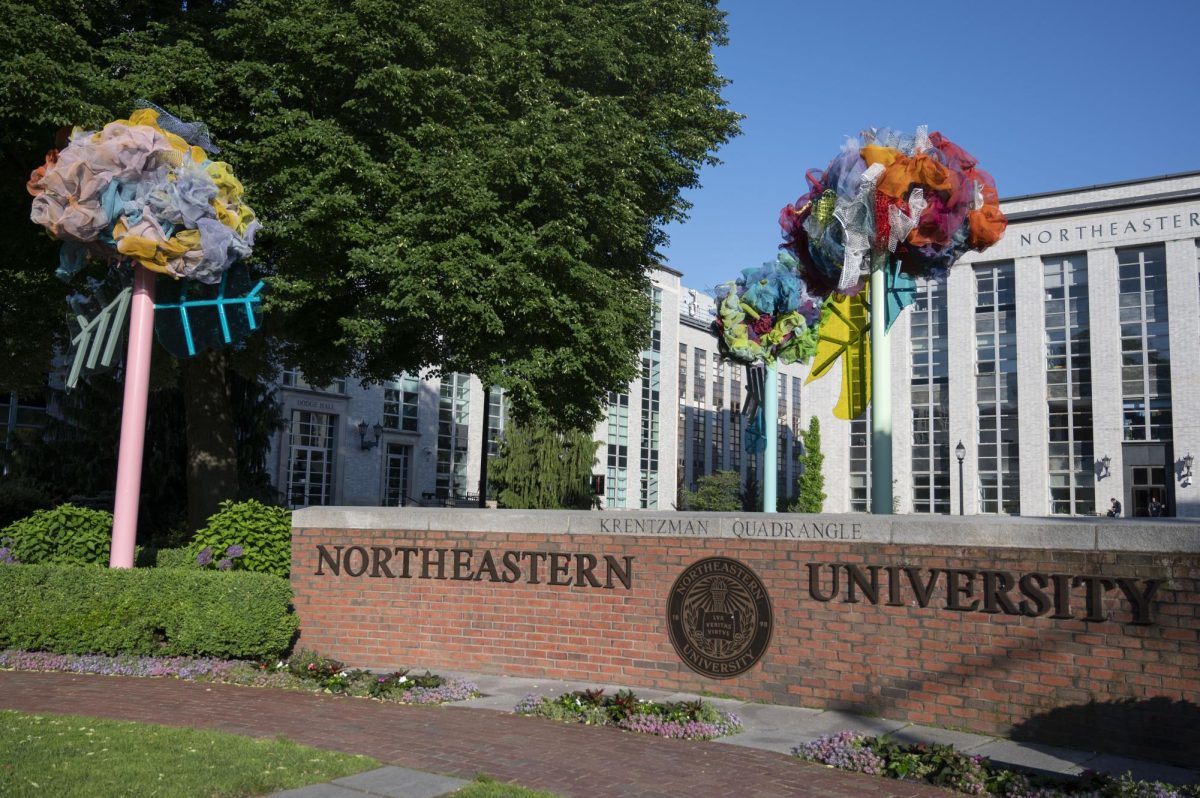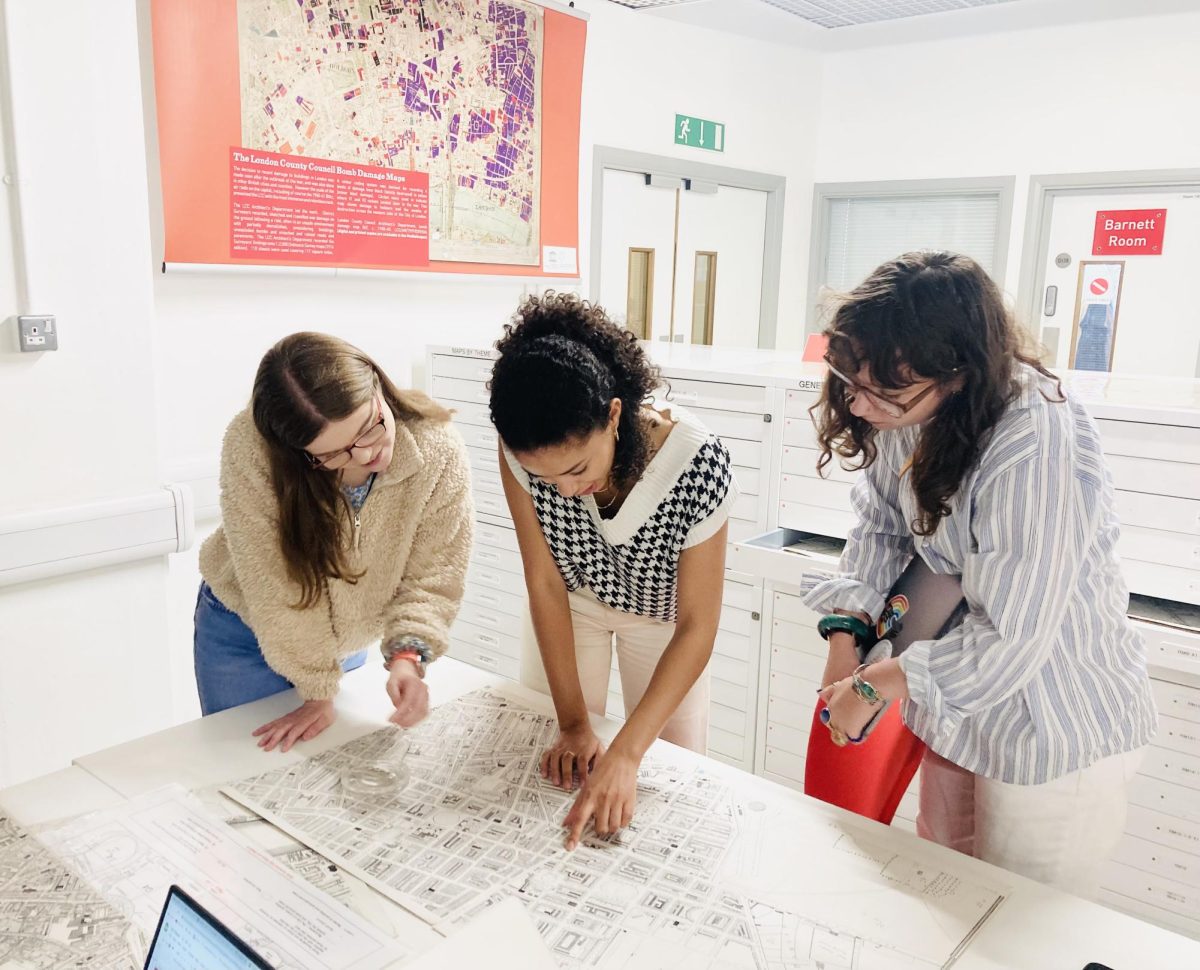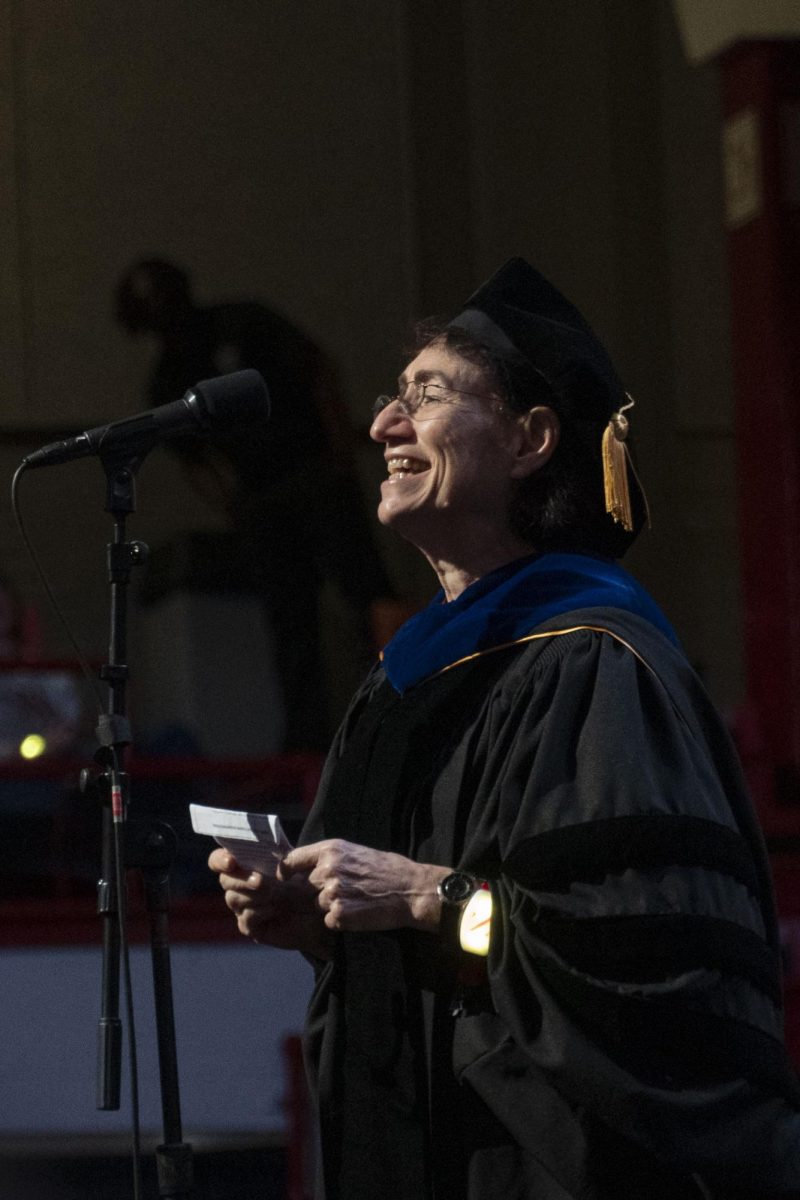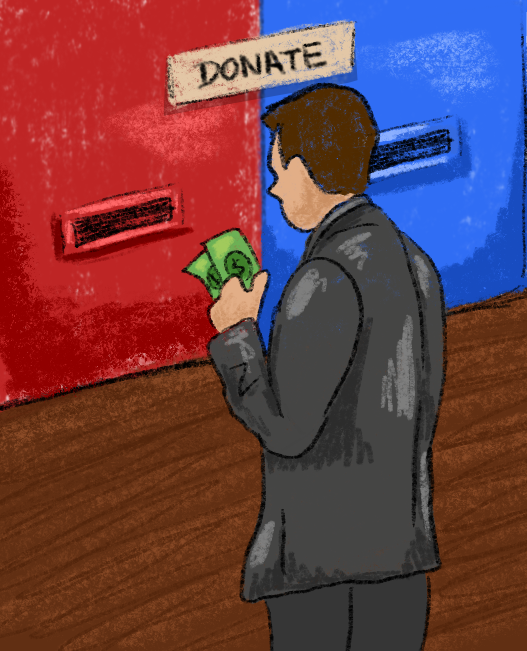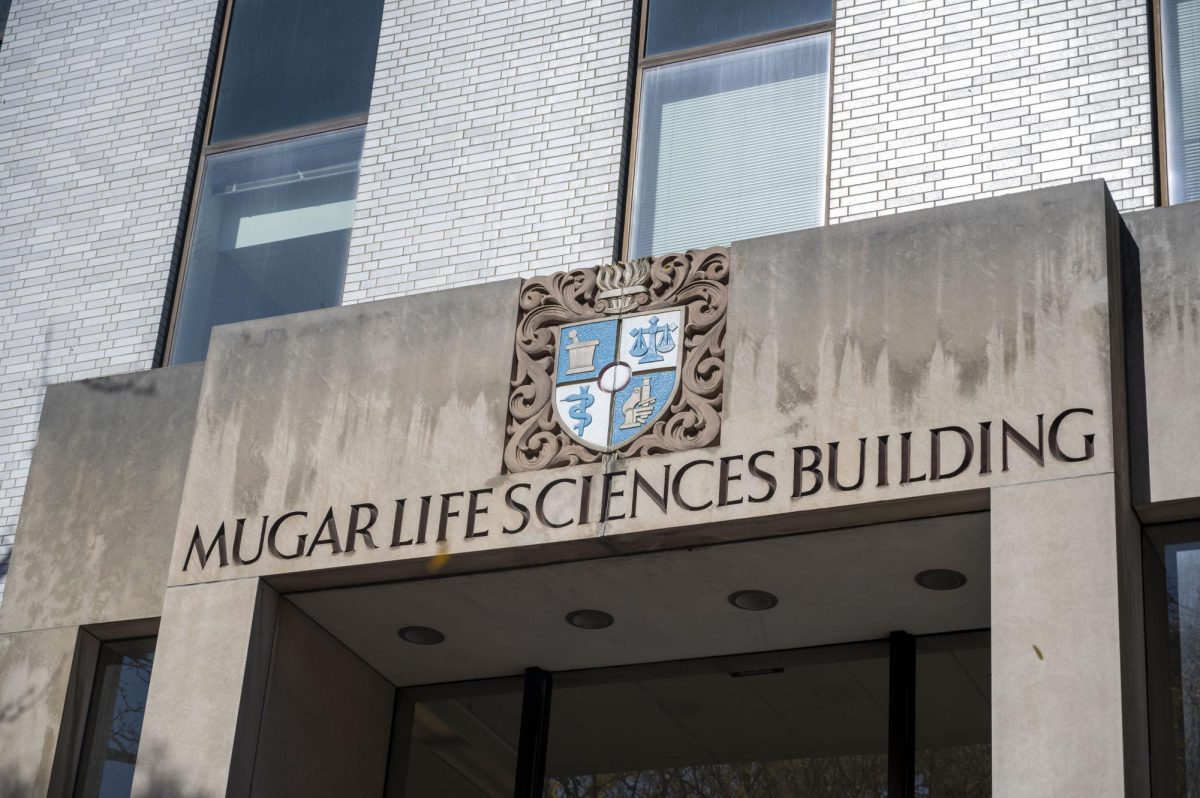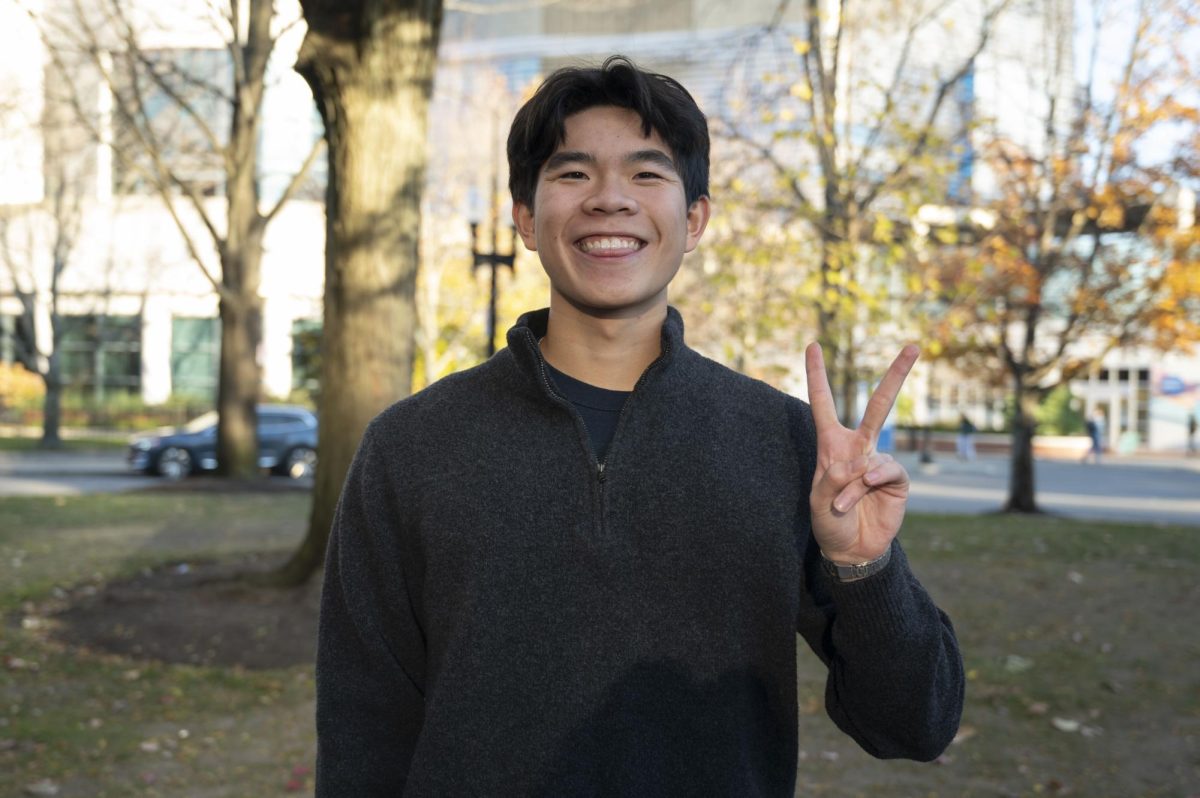Two Boston area schools, Boston College and the Massachusetts Institute of Technology, have declined to name students — because of privacy issues — cited in subpoenas issued by the Recording Industry Association of America. Northeastern has turned over the identity of a student cited for illegally downloading and/or distributing copyrighted music.
According to Rick Mickool, of the Enterprise Application and Management Services Department, Northeastern’s legal stance on the issue allows students’ identifications to be released once a student and student’s family has been notified — MIT and BC are exercising their legal stance by abstaining the release of names. Both MIT and BC have quashed the subpoenas.
Lisa Sinclair of University Council said Northeastern does everything in compliance with federal law. The Student Handbook lists Northeastern as being in compliance with the Family Educational Rights and Privacy Act of 1974. Under FERPA, a student must give consent before their records become available to a third party — in this case, the RIAA.
“Third parties do not have access to personally identifiable records or information pertaining to students as students without the written consent of the student specifying the records to be released,” the handbook states.
The only exceptions when information can be given without consent are during health emergencies or for serious crimes such as sexual assault or rape.
MIT and BC are also in compliance with FERPA, according to a July 22 Boston Globe article.
The RIAA has filed at least 871 subpoenas in U.S. District Court in Washington in July and they can ask for $750 to $150,000 for each illegally shared song, the Globe article said.
Glenn Hill, also of the Enterprise Application and Management Services Department, and Mickool said there should be a long-term solution devised for illegal downloading, and they describe the situation with the subpoenas as a short-term tactic.
“The problem won’t end here, it’s just the first step from the RIAA,” Mickool said. “The short term increases awareness … makes it public through the legal system.”
Mickool said the downloading programs such as Napster, which was created on Northeastern’s campus in January 1999, are not always used in an illegal manner. Therefore, he says, the programs are not banned on campus. In fact, Hill and Mickool are not responsible for monitoring these programs.
Both Mickool and Hill feel that this is not the end of these programs and are impressed with Napster creator, Shawn Fanning, and his ability to create new technology. Recently, the name and intellectual property of Napster, Inc. was acquired by Santa Clara, Calif. based Roxio, Inc. for $5 million.
In order to squash or deter students from downloading illegally, Hill says representatives are starting with awareness at new student orientations this summer. Hill says it will serve to inform students and parents on the risks of downloading copyrighted material.
Students on campus don’t seem to be deterred by the recent subpoenas.
“I avoid Kazaa because the RIAA focuses on it, but you can get music other ways,” said Jason Faivus, a middler civil engineering major. “You can rip off from streaming audio like on Internet radio or there’s other programs they’re not watching.”
Middler civil engineering major George Kavalaris agrees.
“I still download,” he said, “but not as hardcore … not as much as I used to.”
Hill would rather see the information technology department’s time spent doing something more productive for the students.
“We spend 12 weeks of the year working with copyright infringement issues,” Hill said. “How do we fulfill legal, moral and ethical responsibilities, when the students are our customers?”


